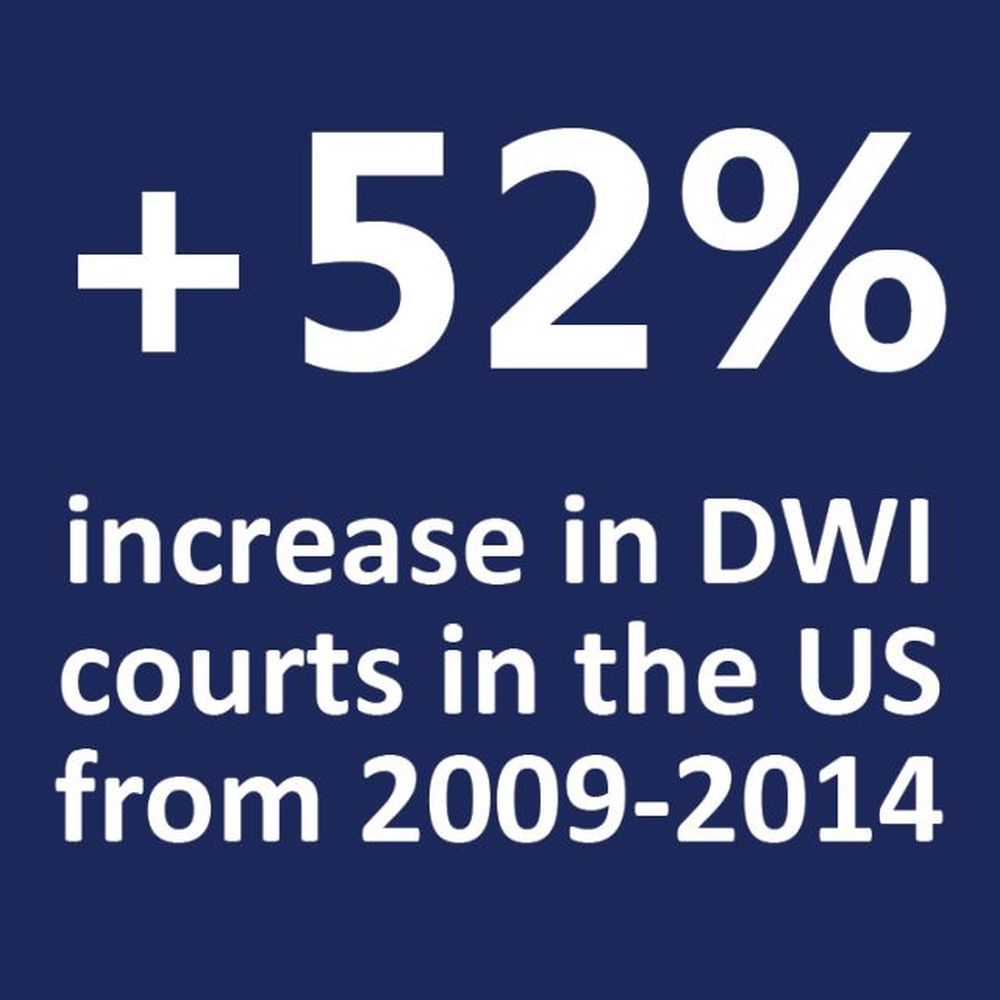The Lone Star State is home to some of the most scenic landscapes and laid-back lifestyles in the USA, but it’s also home to some of the strictest laws governing auto insurance. In Texas, drivers are required to carry SR-22 insurance for certain violations, so make sure you understand what SR-22 is, how to obtain it and what the consequences are for not carrying it.
An SR-22, sometimes referred to as a Certificate of Financial Responsibility (CFR), is a proof of financial responsibility that must be filed with the Texas Department of Public Safety (DPS) by an insurance company appointed by the state. It’s required when a person has been convicted of an offense or has had an insurance policy canceled or lapsed. SR-22 insurance is designed to protect both you and other drivers on the road.
In Texas, SR-22 insurance must be maintained for at least two years. That means if you don’t pay your premiums when they are due, or they are canceled or lapsed, your policy will be canceled and your license suspended. If that happens, you’ll have to reinstate the license and file for a new SR-22 with a new insurance company.
So, how do you get SR-22 insurance in Texas? It’s simple: look for companies that specialize in SR-22 coverage—not all auto insurers offer it—and shop around to find an affordable solution that meets your needs. Be sure to get multiple quotes to ensure you get a good rate.
It’s also important to understand that if you’re required to have SR-22 insurance, you can’t just cancel the policy and switch to another one at any time. You must maintain your SR-22 status for the full two-year period or you’ll be subject to fines and other penalties.
Finally, it’s important to note that if you’re required to carry SR-22 insurance, you’ll likely face a much higher cost in premiums. This is because insurance companies consider SR-22 holders to be high-risk drivers and increase their rates accordingly. So, it’s important to make sure you understand the risks and shop for a policy that fits your budget.
To further expand on the topic, Texas Drivers should be aware that even when your SR-22 period ends and you are no longer required to carry the policy, you may still see a rate increase due to the fact that insurance companies can access your record and see you were formerly required to carry SR-22 insurance. In some cases, you may find that your premiums remain high until you’ve been driving accident-free for several years.
It’s also important to be aware that simply choosing not to carry SR-22 insurance in Texas would be a serious misstep with severe consequences. In addition to fines and possible jail time, failure to carry SR-22 insurance can have a major impact on your life and your wallet—you’ll need to pay for an SR-22 certificate and the costs associated with having it filed. The total cost may vary depending on the violation, but most reports suggest that it could add anywhere from $100 to $500 to the total cost of reinstating your license.
When it comes to purchasing SR-22 insurance, it’s also important to be aware of the level of coverage you’re receiving. In Texas, you can choose from three levels of coverage—liability, personal injury liability and uninsured motorist. Liability insurance will cover damage to another person’s vehicle and property in the event of an accident, while personal injury liability will cover the medical expenses of any passengers in your vehicle. And uninsured motorist coverage can help cover the costs of any damage or injuries sustained in the event of an accident with an uninsured driver.
Another important thing to consider when purchasing an SR-22 policy is the type of coverage. Texas drivers are required to have a minimum of liability coverage, but there are other types of coverage that may be available, such as comprehensive and/or collision coverage. Comprehensive coverage will cover any damages caused to your vehicle by non-collision related incidents, while collision coverage will cover any damages caused to your vehicle in the event of a collision.
Lastly, drivers should make sure they understand the different options available when it comes to deductible amounts. In Texas, the standard deductible for SR-22 policies is typically $500, but drivers may be able to opt for a higher deductible in order to reduce the monthly premium. It’s important to remember, however, that the higher the deductible, the less coverage you’ll have—so it’s important to weigh the pros and cons of each option carefully.
For drivers looking to save on their auto insurance costs, it’s worth looking into other options as well. In Texas, drivers can take defensive driving courses to earn discounts, or consider bundling their auto insurance with other policies such as homeowners or renters insurance to get the best rate. Also, some companies offer discounts for good drivers, or for those who drive less than a certain number of miles per year. Shopping around and comparing rates can be a great way to save on your auto policy.

